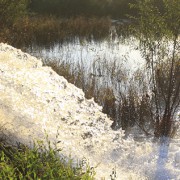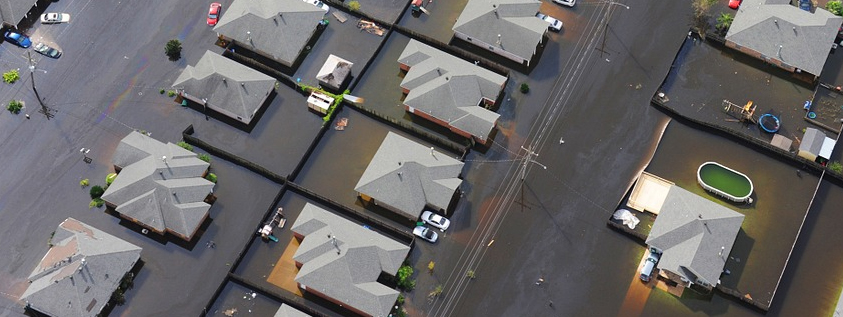May 25, 2016/in Environmental Services /by jeng
The environmental professionals at Applied Resource Management offer many services that are integral to the smooth execution of home and business-related projects. Some of our services include performing due diligence during property acquisitions, inspecting sites for hazardous substances, and obtaining various permits.
One of our most important services is helping our clients deal with wastewater and stormwater treatment and removal, a process that is vital to a healthy world and thriving population. We can’t exist without water, so taking steps to ensure we treat this precious resource in a responsible way should be a priority no matter what project you undertake.
What is wastewater, anyway?
First, a brief definition. Wastewater, for those who aren’t sure, is any water that has been adversely affected by the impact of humans. This can include any combination of activities from domestic to industrial to agricultural. Basically, if the water has been tainted or changed by humans, it must be treated or disposed of in a safe and responsible manner. This keeps wastewater from upsetting the natural balance of the environment, not to mention spreading pathogens and diseases to humans and animals.
Treatment and disposal—in that order.
Before wastewater can be disposed, it must be treated. Federal, state, and local regulations prohibit the disposal of untreated water into storm drains and surface water, and those who break this law will face hefty consequences. Only after the water has been neutralized can it be returned to the environment.
Some types of wastewater, such as sewage, can be handled by the government in larger urban areas, through municipal wastewater treatment centers. Septic tanks can also help take care of wastewater. In rural areas septic tanks often do this work, so it’s important to ensure that your system follows current guidelines and is working to the best of its ability.
Yes, you CAN recycle water!
When most people think of recycling, the picture paper, plastic, and aluminum. They don’t usually think of water, but it’s also a resource that can and should be reused when it’s safe to do so.
Some types of wastewater can be reused. For example, gray water—that is, water from bathroom sinks, bath tub shower drains, and clothes washing equipment—can be used in gardening, agriculture, and landscaping, as long as it’s not being consumed by humans. (Using all natural and biodegradable cleaning and personal care products is a good idea if you plan to recycle your water at home.) Another type of water that can be reused is water that has been run through a building’s cooling process. Again, this water shouldn’t be consumed or used for bathing, but it can be reused in other ways.
Need help navigating the world of wastewater?
If you need help removing wastewater or applying for and procuring any of the required permits, contact Applied Resource Management today. Our professionals can help complete projects of any size in a safe, legal, and environmentally-friendly way. Together, we can help the earth, your business, and each other.





